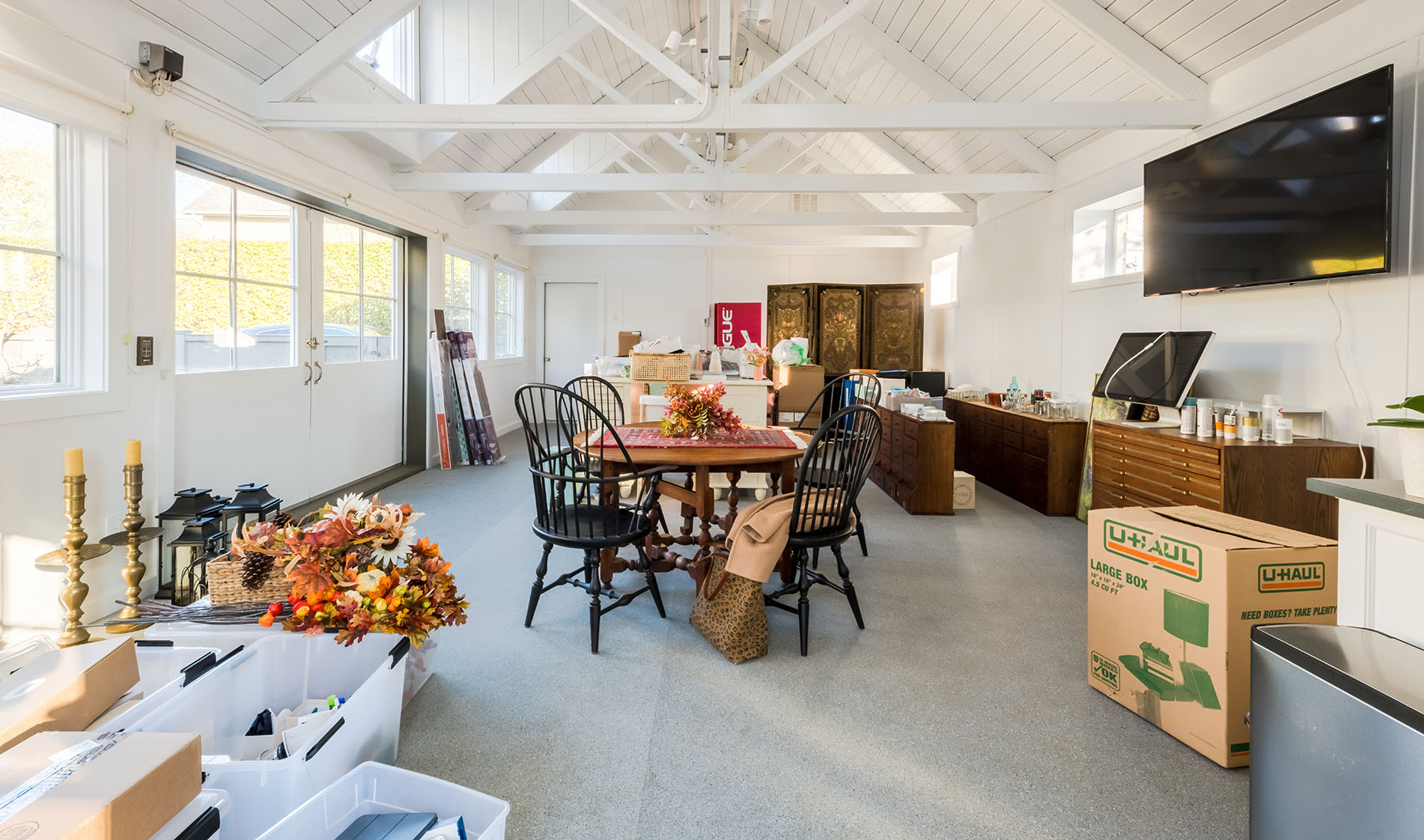
What is Sustainability?
Everything that we need for our survival and well-being depends, either directly or indirectly, on our natural environment.
We will respond as quickly as possible. Please feel free to browse our FAQs and Resources below while you wait. Have a wonderful day!
We have 3 main criteria for evaluation:
1. Ethical treatment of resources – We consider the materials used, and where they are sourced from. We prioritize usage of already-existing plastics, rather than creating more (blog post on this subject coming soon).
2. Lifecycle of the product – The manufacturer has put thought into the entire life of the product and its components, transportation, and packaging. There is an end-of-life plan for the product and its byproducts.
3. Ethical treatment of the product makers and their communities – We work with companies that monitor and enforce their supply chains for fair working conditions, and demonstrate respect for the cultures and environments in which these workers live. For example, furoshiki are a traditional Japanese craft and a sustainable alternative to disposable giftwrap. We believe in honoring the cultural history of the item, as well as ensuring we buy from a Japanese manufacturer and offset the carbon costs. It is important to us that the stewards of a particular culture are paid directly and no items are appropriated or renamed.
We believe in:
1. Sustainable Sustainability: simple, consistent, and repeatable actions that are beneficial for both you and the planet. Solving the climate crisis is a marathon, not a sprint, and involves a fundamental shift in how we think about consumption. Unmitigated consumption that doesn’t allow time for resources to regrow or regenerate will drain our planet. Similarly, your actions must be sustainable FOR YOU and allow you time to regenerate and restore your energy. ALL resources are finite if they don’t have time to regenerate. As we find new ways to respect our resources, it also teaches us new ways to respect ourselves and our time.
2. Refilling, Reusing & Recycling: this is our mantra when considering any item in your home and in our store. Simplification is key. We emphasize refilling cleaning products, etc., in your home, over buying an entirely new container which adds more waste to the – and YOUR – environment. In the organizing process, we consider how items might be reused in your home or re-homed to someone else who can use it. Any items you no longer want are recycled by our partners, so a minimum of your items find their way to your local dump. Going forward, we help you create systems that minimize your waste footprint but still maintain ease in your lifestyle.
3. Ethical Purchasing: there’s no such thing as ethical consumption under capitalism but we try! We focus on the item’s impact on the people that make it and transport it, the environment from which it comes, and how easy it is to dispose of it. We also ask: how important is this item to me? Is it worth the cost, not just in money but in energy and resources to make and transport this item? What is the purpose of this item once it arrives – do I feel passionately enough about this item to place it lovingly in my home, or will it wind up in the back of a closet until next year when I clean it out and feel guilty because the price tags are still on it?
We know this sounds like a lot to consider during a purchase, but clarifying your priorities makes each individual decision simple, easy, and quick, and prevents decision fatigue. We would like to note that as of this writing, there is no shopping police, and you are well within your rights to buy and subsequently return items (trust us, we do it all the time).
If this all seems like a lot, follow this one easy hack and save your money – just don’t buy it. 🙂
4. Compassion, Care & Community
We offer the removal and disposal of unwanted items with a minimum waste footprint as an a la carte add-on to our sustainable consulting services.
Sustainability, for us, is both what is sustainable for us as individuals and for the planet. One cannot exist without the other – we believe in thinking globally and acting locally. Our culture is upheld by resources that are farmed and harvested from across the world, and that means a human and a patch of earth somewhere grew and/or harvested these things – they’re not magical items that appeared in your local grocery store. It’s amazing how connected we are by the global supply chain and we believe in honoring that connection by treating those people and resources with respect. We also believe that gratitude is the way forward; we are grateful for the work and resources our global community are providing for us. A way to show that gratitude is making sure they get paid and their homes are safe from climate-related disasters. Our consumption should not harm them or their way of life.
Our systems allow you to make caring for the planet a part of the whole cloth of your life, not an overwhelming task that you, the individual must take on alone. We as humans are both abundant and limited. As individuals, we only have so much energy and hours in the day, and we believe it’s important to honor that and be realistic about our capabilities. At the same time, as a species we have an endless amount of care for each other – it’s why we have survived thus far.
We believe life isn’t a series of tasks. Existing and doing what you need to do to support your existence is a worthy endeavor unto itself and contributes to the health of your community. Your energy is ALSO a limited resource, and must be treated with respect – your suffering serves no one, and if you are supported, you can, in turn, be supportive.
This is why we believe having a functional home that feels safe, joyful, and inspiring is so important – your home is where you recharge. If your home is simply more work and stress, you have no way to refill your battery, and you re-enter the world diminished.
We live here! Western culture has created a false divide between natural and human spaces. Animals migrate regardless of the arbitrary borders humans have put in place, and that interconnectedness is not just about preserving beautiful landscapes, it’s about maintaining a functional planet that can support life, and we cannot approach this problem the way we have historically – as separate entities. We must work together. Individual efforts are not going to be good enough– one person living a zero-waste lifestyle is not going to save our environment, but together we can.
That means using the services available in your area that use an individual choice to transform into collective change (like a composting service or your farmer’s market). Voting with your dollar and at the ballot box in solidarity with others is how we enact large-scale change – you’re not alone and there are multitudes already doing this work. It means that when you hear workers in India striking because of poor working conditions, you believe them rather than the large company employing them, and hear it as a call to action. Apathy, overwhelm, and knee-jerk consumerism are part of the reason our planet’s resources have been drained. You should care about sustainability because you care: about people, about nature, about your family, about the future.
Us too! It’s why I started this business. Climate change isn’t going away. Admitting that to ourselves and not trying to go back to a “normal” is really scary, but also really freeing. Once we admit where we are, we can start to move forward. Denial traps us in a constant state of anxiety and inertia, because we can’t go back, and we’re terrified of going forward. By allowing ourselves to accept the reality of all the issues related to climate change, we can start to move out of that inertia. When a child in our family comes home from school and asks us about it, we want to be able to say “yes, this is scary, and I’ve made hard choices. I don’t always do it right, but I do my best.”

Everything that we need for our survival and well-being depends, either directly or indirectly, on our natural environment.

You should care about sustainability because you care: about people, about nature, about your family, about the future.